King Charles praised his late mother’s “unsurpassed devotion” to Britain on Monday and affirmed his commitment to constitutional monarchy.
The King was in Westminster on Monday morning to accept condolences from both houses of Britain’s Parliament before flying to Edinburgh with Camilla, the Queen Consort.
“While very young, Her late Majesty pledged herself to serve her country and her people and to maintain the precious principles of constitutional government which lie at the heart of our nation. This vow she kept with unsurpassed devotion,” the King told lawmakers in London.
“She set an example of selfless duty which, with God’s help and your counsels, I am resolved faithfully to follow.”
Thousands had gathered in Edinburgh to greet the Queen when her coffin arrived from Balmoral on Sunday. On Monday, an even bigger crush of people made their way to Edinburgh’s historic Old Town to pay their respects.
The tens of thousands gathered were silent as the solemn procession of the Queen’s hearse, with her children walking behind it, passed by. The cortege made its way from Holyroodhouse palace to St. Giles’ Cathedral, where a service of thanksgiving was held.
The crowds stood more than 10 deep at many points along the route, called the Royal Mile. People hung out of apartment windows, balanced on cement bollards, stood on windowsills, and crowded onto staircases and doorsteps in the hopes of catching a glimpse of the Royal Family. They waited for hours to bear witness to history and give thanks to the Queen.
“She was an amazing woman and she’s been the cornerstone of the country through so many different things,” said Sandra Brooke, who more than three decades ago met the Queen briefly when she toured her university.
“She was no shrinking violet,” Ms. Brooke said, remarking on the Queen’s work as a car mechanic and driver during the Second World War and her long years of service since then.
The Crown of Scotland sits atop the coffin of Queen Elizabeth.POOL/Reuters
Many waited for the royal procession even as they knew they were too far to actually see the Royal Family go by.
Despite not seeing anything, 11-year-old Ruby English said she would always be able to say she was there for the historic ceremony. She said she and her family were there to say “hi and bye.”
After the service of thanksgiving, people in Edinburgh were given the first chance to see the Queen’s coffin lying at rest. Around the corner from the people craning to see the royal procession stood thousands more people in a line that snaked for more than a kilometre. They began queuing around 8 a.m. on Monday for a chance to walk through St. Giles’ Cathedral and pay their respects.
Amid outpouring of grief for Queen Elizabeth, calls to cut ties with monarchy start to emerge
In King Charles, Canada can expect a very different monarch
With the service for the Queen booming on loudspeakers along the road, twin sisters Jennifer Davis and Eleanor Wardrop explained why they chose to forgo the pomp and circumstance of the royal procession.
“We’ll be able to see Charles for a very long time yet, we’ll never get another opportunity to say goodbye to our Queen,” said Ms. Davis, 72.
The two said they were thankful for the late Queen’s decades of service. While others in the Royal Family have made missteps, Ms. Wardrop said the Queen never did. “She has always been guided by her oath and her promise and it’s something that very few human beings would ever be able to live by for that length of time.”
“She stepped forward at a time when women were not leaders and yet she plowed her way through all of that and beat all the odds.”
The cathedral was kept open to the public all night long from Monday into Tuesday. By 8:30 p.m. on Monday the official line to walk past the coffin was long full and the line to get into the line zigzagged across a park and stretched well over a kilometre. Those at the very back were told it would be a 12-hour wait.
The Queen’s coffin will be flown to London on Tuesday evening.
The King’s children didn’t attend the service, but on Monday, Prince Harry released his first statement on his late grandmother. In it he said her commitment to service and duty was a “guiding compass” for many.
“I am forever grateful for all of our first meetings – from my earliest childhood memories with you, to meeting you for the first time as my Commander-in-Chief, to the first moment you met my darling wife and hugged your beloved great-grandchildren,” he wrote.
“Thank you for your commitment to service. Thank you for your sound advice. Thank you for your infectious smile. We, too, smile knowing that you and Grandpa are reunited now, and both together in peace.”
The King’s events in Edinburgh included an audience with Scotland’s First Minister Nicola Sturgeon.
The Queen’s death has spurred questions about the strength of the union, with an onslaught of media reports analyzing whether the change in monarch will also mark a natural break point for Scotland to separate.
Ailsa Henderson, a professor at the University of Edinburgh and the head of the Scottish Election Study, said she has been inundated with interview requests on Scottish independence. But she said she’s skeptical the Queen’s death will have a meaningful impact.
In Scotland, she said, the push for independence is much more tied to the government at Westminster than who lives in Buckingham Palace. And even amid Brexit – which Scotland opposed – and the multiple controversies that dogged former prime minister Boris Johnson, there wasn’t a corresponding tipping of the scales in favour of independence.
“If we didn’t see a groundswell of support for independence under those conditions, then it’s hard to see how the changing of the monarch would have a sizable impact on support for independence,” she said.
Queen to lie in state at historic Westminster Hall this week
The British government has issued a warning that people may have to wait in line for hours and possibly overnight to pay their respects during the Queen’s lying-in-state in London this week.
The Queen’s coffin will be taken to Westminster Hall on Wednesday afternoon and will remain there until just before the state funeral on Monday for members of the public to pay tribute. Officials expect thousands of people to line up and have warned about possible road closings.
“If you wish to attend the lying-in-state, please note that there will be a queue, which is expected to be very long. You will need to stand for many hours, possibly overnight, with very little opportunity to sit down as the queue will be continuously moving,” the government said.
The 900-year-old Westminster Hall is the oldest building on the parliamentary estate and an apt setting for the lying-in-state, given Queen Elizabeth’s historic reign.
Built in 1097 by William the Conqueror’s son William II, the hall was once the largest in Europe and has been home to coronation feasts, the trial of King Charles I and the inauguration of Oliver Cromwell as Lord Protectorate. It’s also where Cromwell’s head was perched on a pole for more than 20 years after the monarchy was restored by Charles II.
The building measures 73 by 20 metres and has a floor area covering 1,547 square metres. Legend has it that as William inspected the hall, one of his attendants remarked that it was larger than required. William is said to have replied that it was a “mere bedchamber” compared to what he had in mind.
Throughout history Westminster Hall served mainly as a banquet facility and a court room. Anne Boleyn’s coronation feast in 1533 included over 80 dishes. But it’s most famous as the setting for state trials.
Sir Thomas More was sentenced to death at the hall in 1535 for failing to accept Henry VIII as head of the Church of England. Guy Fawkes was tried here for plotting to blow up Parliament in 1606 and King Charles I famously told the court just before he was sentenced to death; “Remember I am your king, your lawful king. … Think well upon it before you go further from one sin to a greater …”
Parliamentary officials said the building will remain open 24 hours a day from Wednesday afternoon until Monday. Visitors will have to go through airport-style security and they are only allowed to carry small bags. Officials have also discouraged people from using mobile phones once they are inside and they have asked people to “dress appropriately for the occasion.”
– Paul Waldie

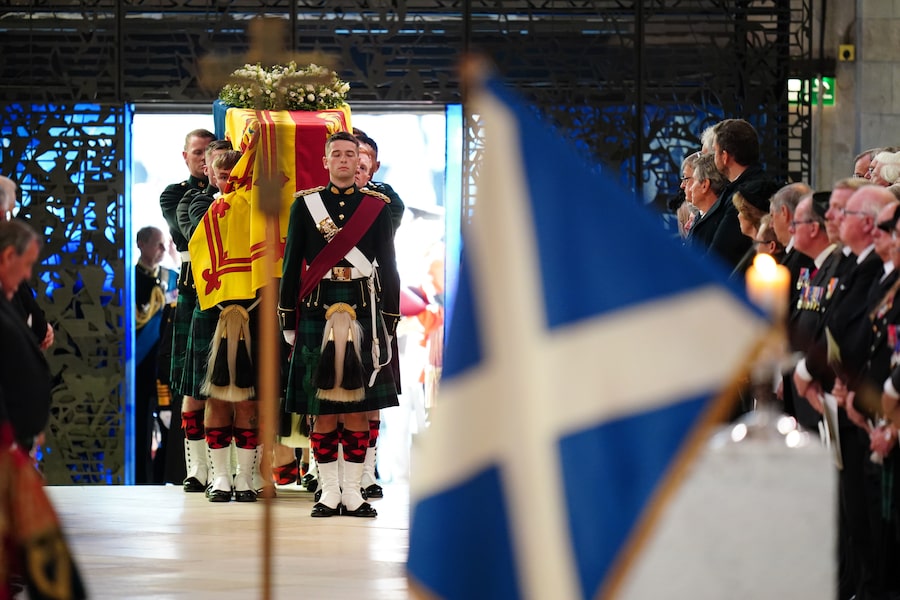
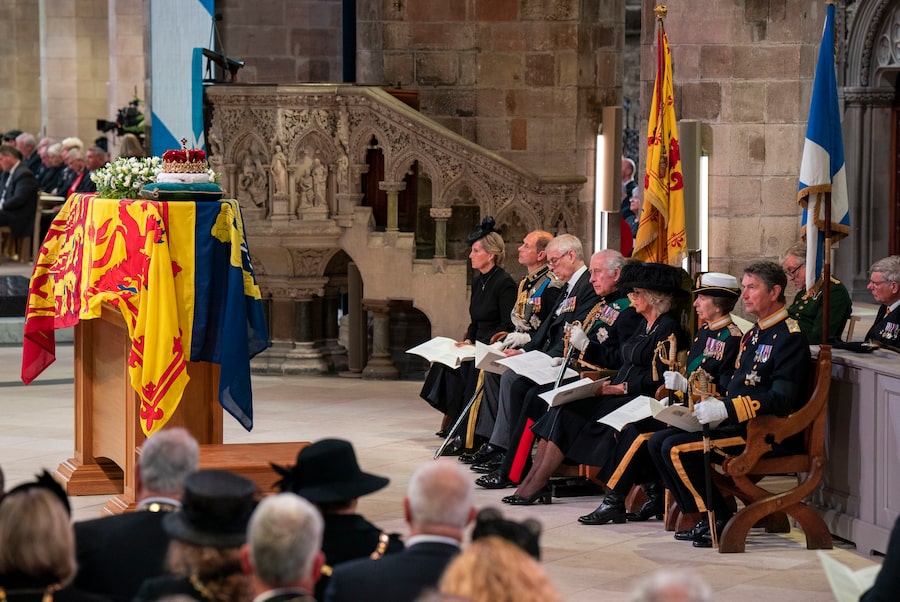

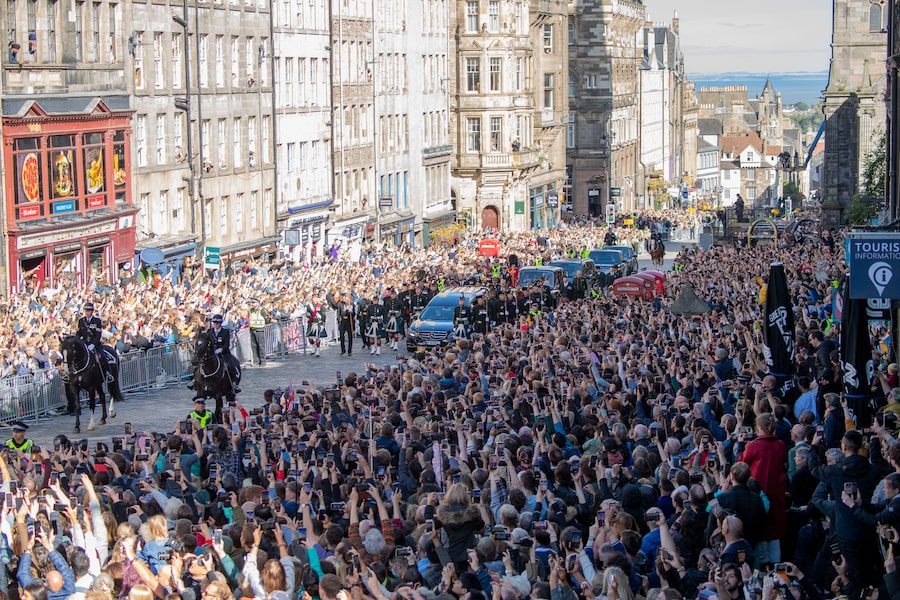








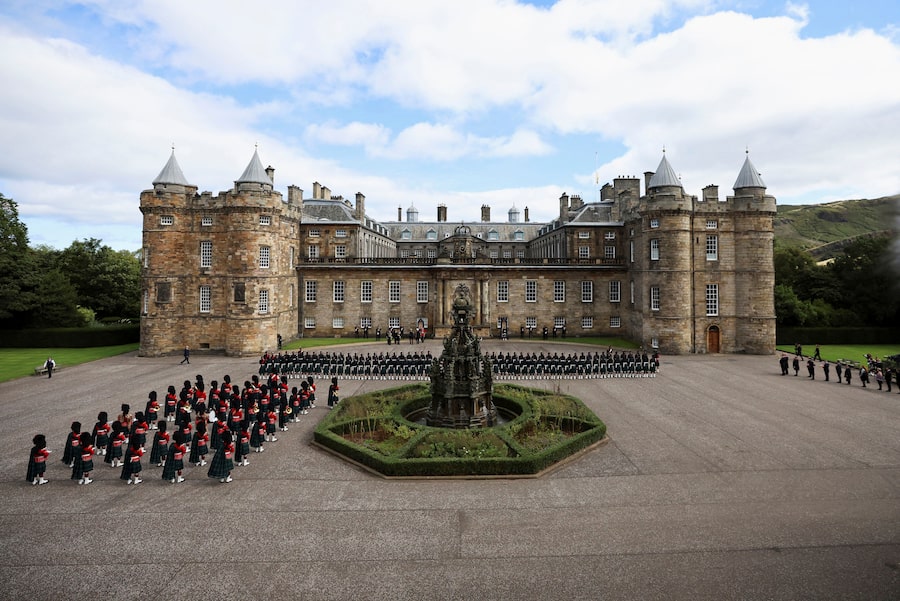

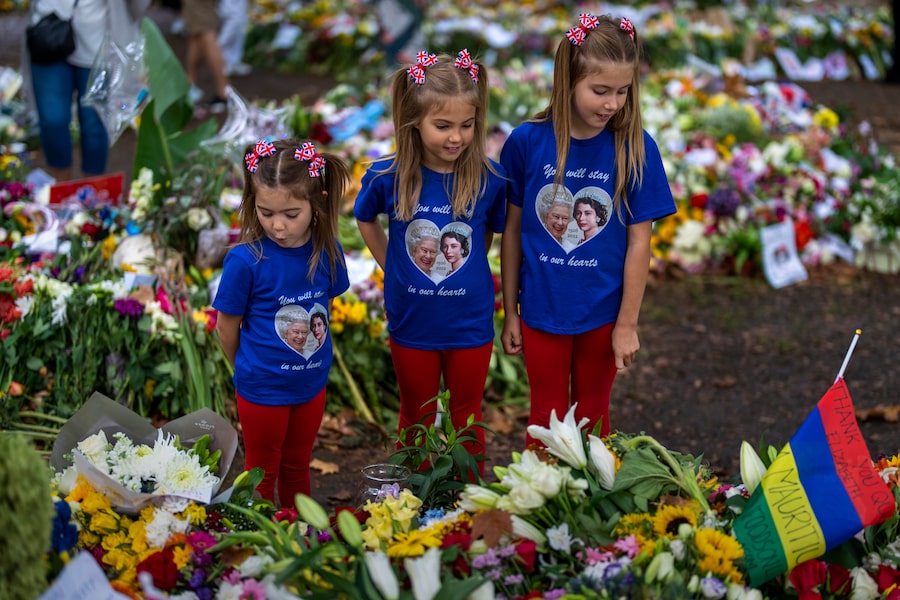

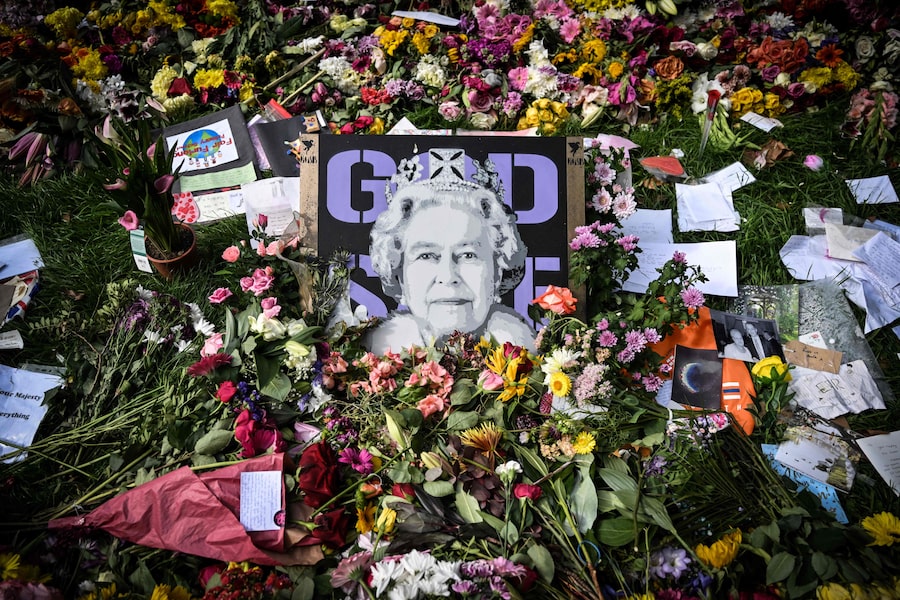

 Marieke Walsh
Marieke Walsh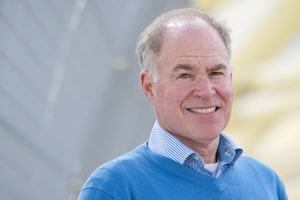 Paul Waldie
Paul Waldie